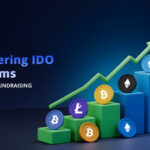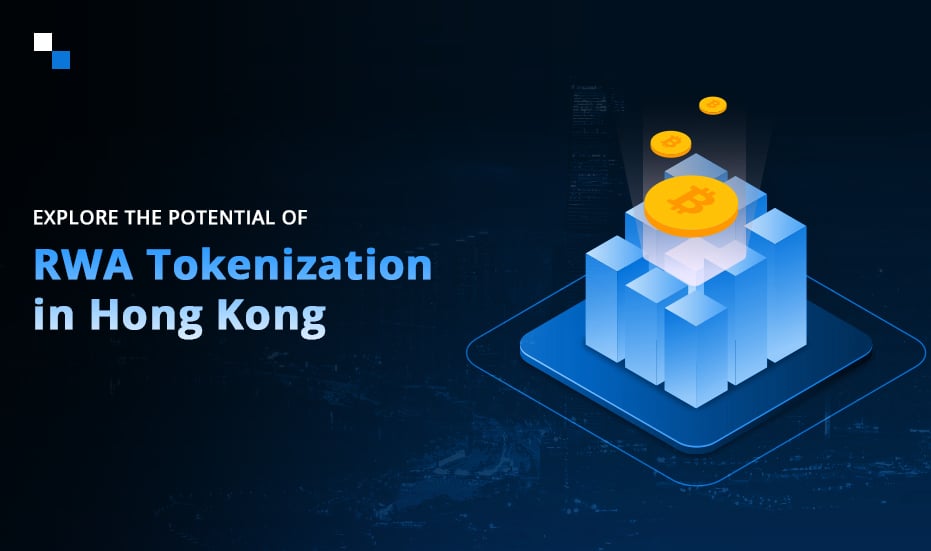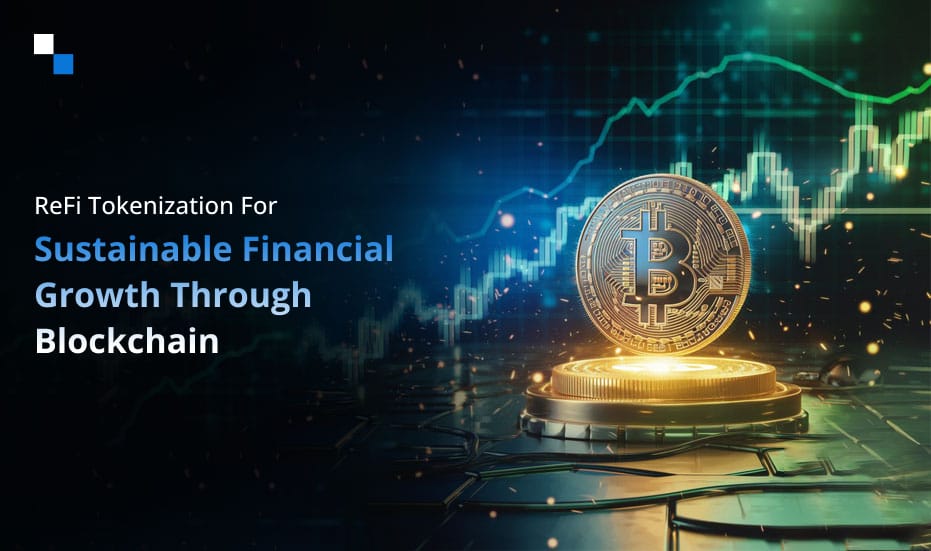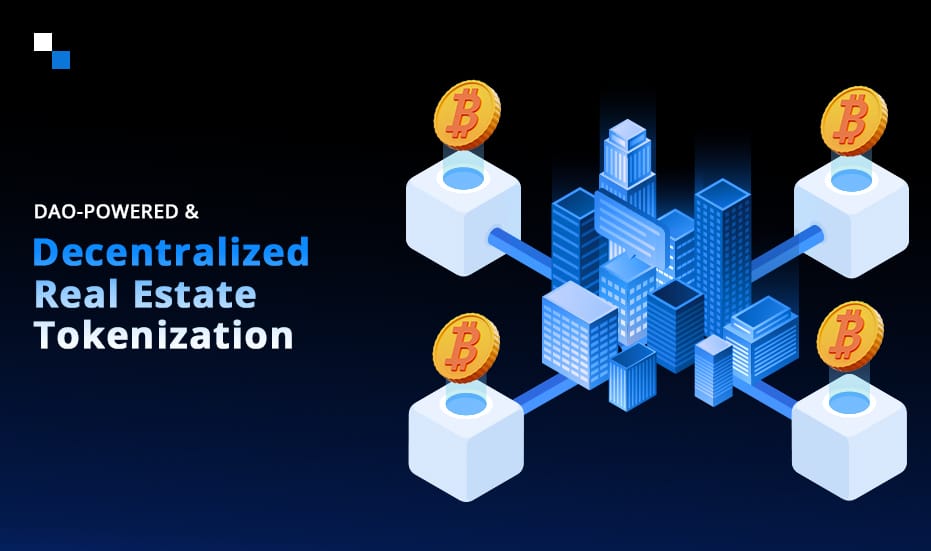
IDO Launchpad Development Strategies to Drive $100M+ Fundraising Goals in 2025
December 27, 2024
Why Investors Should Keep an Eye on X Empire in 2025?
December 30, 2024Hong Kong, known for its financial prowess and strategic location as an international business hub, has long been a global leader in innovation. The city’s financial markets have always been forward-thinking, and now, with the emergence of Real-World Asset (RWA) tokenization, Hong Kong is positioning itself to lead in an entirely new financial revolution. RWA tokenization, a concept once seen as futuristic and experimental, is gradually transforming into a practical solution for asset ownership, providing new opportunities for both local and international investors.
The Rise of Tokenization in Hong Kong’s Financial Ecosystem
In recent years, Hong Kong has been keen on embracing blockchain technology and digital assets as part of its strategy to modernize the financial sector. In particular, RWA tokenization has garnered significant attention in the local investment community. RWA tokenization refers to the process of converting ownership of physical or tangible assets, such as real estate, commodities, or art, into digital tokens on a blockchain. These tokens represent a share of the asset, allowing investors to buy, sell, or trade fractional ownership of real-world assets seamlessly.
According to a 2023 report by Deloitte, Hong Kong is rapidly becoming one of the top jurisdictions for blockchain innovation, with local startups and established financial institutions alike exploring tokenization solutions. The global tokenization market is projected to grow from $2.1 billion in 2022 to $24.1 billion by 2030, and Hong Kong is expected to capture a significant share of this market due to its advanced financial infrastructure and regulatory environment.
Real-World Examples: Hong Kong’s Pioneering Efforts in RWA Tokenization
Hong Kong has already seen significant strides in the tokenization of real-world assets. A noteworthy development occurred in 2022 when the city’s largest bank, HSBC, collaborated with blockchain platform Fnality International to tokenize traditional financial products. This partnership aims to bring tokenized assets into mainstream finance and bridge the gap between traditional banking and the emerging world of blockchain-based transactions.
One of the most talked-about milestones in Hong Kong’s tokenization journey occurred in April 2023, when The Tokenized Asset Group launched a pilot program to tokenize commercial real estate in the region. This initiative allowed investors to buy digital shares of high-end properties in Hong Kong through a blockchain platform, with all transactions recorded and verified on-chain. The project was initially designed to tokenize $100 million worth of properties, and it saw enthusiastic participation from both local and international investors.
Moreover, in July 2023, Wealth Management Association (WMA) in Hong Kong issued a detailed report highlighting the potential of tokenization in reshaping the wealth management landscape in the region. The report emphasized that tokenization could enhance liquidity and democratize access to assets that were traditionally considered too expensive or illiquid for the average investor.
Regulatory Support: A Key Driver for Tokenization’s Growth in Hong Kong
Hong Kong’s regulators have recognized the transformative potential of tokenization and have been actively working to create a supportive environment for digital asset innovations. The Hong Kong Monetary Authority (HKMA) has expressed its interest in fostering a regulatory framework that enables the seamless integration of tokenized assets into the broader financial system.
In October 2022, Hong Kong’s Securities and Futures Commission (SFC) announced its first-ever guidelines for digital asset trading platforms, setting the stage for the official launch of RWA tokenization in the region. These guidelines are crucial because they establish a legal framework for the security and authenticity of tokenized assets. They also provide clarity on how tokenized assets are treated under existing financial regulations, ensuring that investors and asset issuers have a predictable environment in which to operate.
Hong Kong’s clear regulatory approach has allowed it to stand out as a global leader in digital asset regulation. The Hong Kong Digital Asset Exchange (HKDAX), which has been operating since 2021, is one example of how the city has embraced RWA tokenization. HKDAX facilitates the trading of tokenized real estate and other physical assets, offering a legally compliant environment for investors looking to diversify their portfolios with tokenized assets.
The Impact of Tokenization on Hong Kong’s Real Estate Market
Hong Kong’s real estate market has traditionally been one of the most expensive in the world, with limited access for smaller investors. Tokenization is changing this dynamic by allowing fractional ownership of high-value assets, including real estate.
In early 2023, Tokenize Xchange, a blockchain-powered platform, launched a tokenized real estate project in Hong Kong, allowing individuals to invest in a luxury property for as little as HKD 10,000 (around USD 1,250). This project marked a significant shift in how people access and invest in prime real estate on the island.
The success of such initiatives highlights tokenization’s ability to democratize access to high-value assets. Investors can now gain exposure to the Hong Kong real estate market without needing to commit large sums of capital. This has the potential to attract a wider range of investors, from local retail traders to institutional players looking for new asset classes to add to their portfolios.
Bridging the Global and Local Markets: Hong Kong as a Hub for RWA Tokenization
Hong Kong is not only advancing tokenization within its borders but is also positioning itself as a global hub for tokenized assets. Its well-established financial infrastructure, robust regulatory environment, and open-minded approach to blockchain technology have enabled the city to attract international investors, blockchain developers, and asset issuers.
In 2024, Hong Kong’s financial regulators are expected to introduce more comprehensive guidelines for the cross-border trading of tokenized assets. This could open the doors to international investments, allowing local Hong Kong tokenized assets to be traded on global blockchain platforms. Such moves would position Hong Kong as the go-to destination for anyone looking to tokenize and trade real-world assets securely and efficiently.
Looking Ahead: The Future of RWA Tokenization in Hong Kong
With its deep financial markets, cutting-edge blockchain technology, and progressive regulatory environment, Hong Kong is at the forefront of RWA tokenization. The city is likely to continue pushing boundaries in asset tokenization, enabling more people to participate in asset ownership and creating a new class of digital investors.
By 2025, it’s expected that the volume of tokenized assets in Hong Kong could surpass USD 10 billion, with real estate and art tokenization being major contributors to this growth. Additionally, Hong Kong’s ability to integrate tokenized assets into traditional investment portfolios is expected to attract significant institutional interest, further solidifying the city’s role as a leader in the blockchain-based financial ecosystem.

Final Thoughts
RWA tokenization in Hong Kong is not just a passing trend—it’s a transformative development that is reshaping how assets are owned, traded, and invested in. With real-world examples of tokenization already making waves, a clear regulatory framework, and a growing interest from both local and international players, Hong Kong is paving the way for the future of asset ownership. As the city continues to lead the charge in digital finance, the full potential of RWA tokenization will soon be realized, opening up new opportunities for investors, institutions, and asset owners alike.




